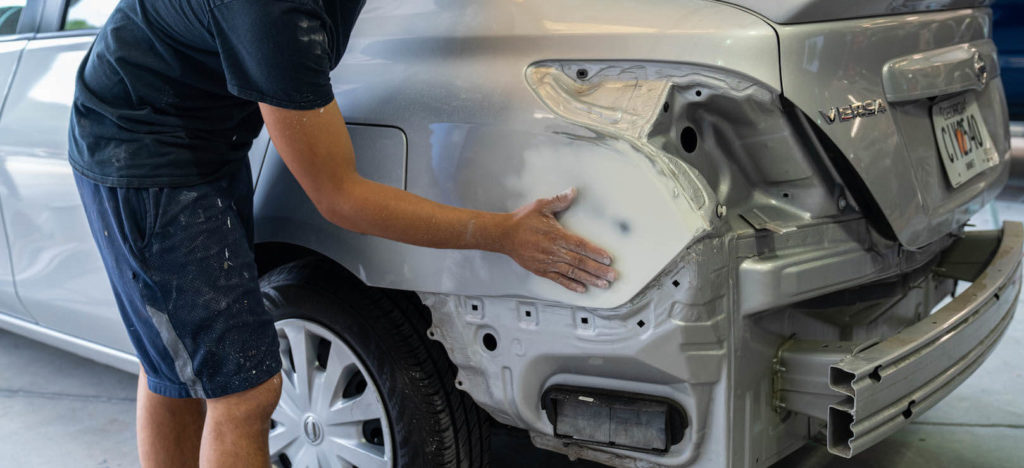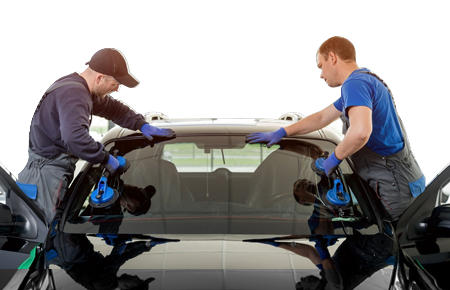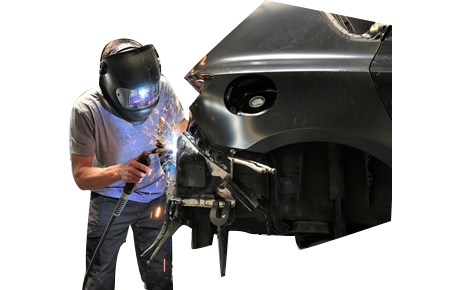When Accidents Happen
How to Respond in a Tough Situation
Being in a car accident is the last thing anyone wants – but when it does happen, there are ways of making sure that the legal and insurance issues are handled with as little stress as possible.
Immediately Following the Accident
First of all – stay calm. Check yourself, passengers, and the people in the other car for any injuries. Call for medical help immediately if you see any signs of an injury. Also, make sure you call the police and wait at the scene for officers to arrive. When dealing with the other person in the accident, don’t publicly make any statements where you either accuse the other person of causing the accident or take all the blame yourself. It could open you up to legal problems.
What You Need to Collect at the Scene
- First, make sure you have a pre-printed copy of your insurance information in the glove compartment at all times. You also want to have your phone on you to take pictures of any damage that occurs.
- Don’t leave the scene until you’ve had a chance to talk with the reporting officer and you’ve gotten their name. It’s important to make sure that your side of the story goes on the record. Afterward, it’s a good idea to get a copy of the police report.
- In dealing with the other driver, make sure you get their name, address, driver’s license number, and insurance information. Also, make sure they get the same information from you.
- Next, collect any information from witnesses in written form with the police officer..
- Once all the reports have been taken, photograph any physical evidence of what could have caused the accident. Also, write down pertinent details such as where the accident took place, what the weather was like, etc.

Insurance Questions
Know Your Rights
Dealing with the stress of a collision is hard enough without trying to figure out how your accident insurance works. Here are some answers to frequently-asked questions about insurance policies.
Will the insurance company guarantee your work?
We guarantee our own work, but the insurance company does not have the legal right to guarantee a third party’s work.
Who pays for repairs?
It depends on the circumstances. If you were at fault, but have comprehensive or collision repair insurance, the insurance company will pay the costs minus your deductible. If the other party was at fault, their insurance company should pay.
Do I have to accept the insurance company’s appraisal of damage?
No. Check the “Appraisal Clause” in your policy if you have differences with their appraisal. It allows you and the insurance company to gather an opinion from an appraiser you both agree upon, or a third-party “Umpire” if you cannot agree.
Do I have the right to a rental car?
If you have purchased rental car coverage and were not responsible for the accident, you may seek reimbursement from the insurance company or, if another driver was responsible for the accident, their insurance company.
If you do not have rental car coverage and were responsible for the accident, you have no grounds to ask for reimbursement. If the other driver was liable, you can generally seek reimbursement from their insurance company.
Frequently Asked Questions
Stay calm and make sure you and any other passengers in the car are all right. If anyone’s injured, call for help immediately. Dial the police line and wait for officers to arrive. Check that the other driver is alright as well. When talking with them, don’t make any pointed statements about accusation or blame.
You need to have your insurance information and take your phone out to take pictures of the damage. Make sure you get the name of the police officer at the scene. Also, get the other driver’s name, address, license number, and insurance information. Provide your information for them as well.
Contact your insurance company as soon as possible. Make sure you have evidence of your car and the other car’s damage. Typically, an insurance company will refer you to an auto body shop for collision repair. It’s also important that you understand your policy coverage so you can ensure you receive what you’re owed.



